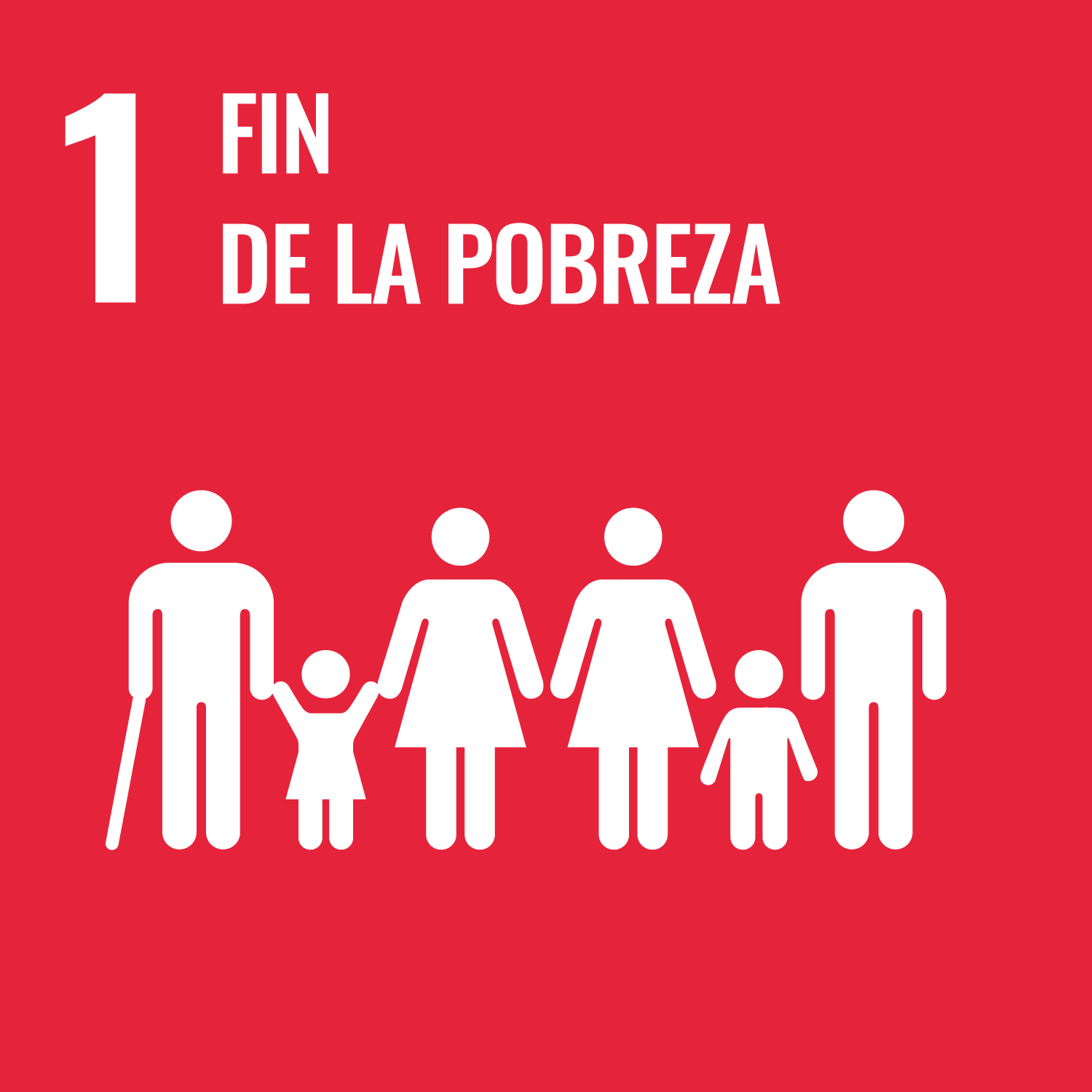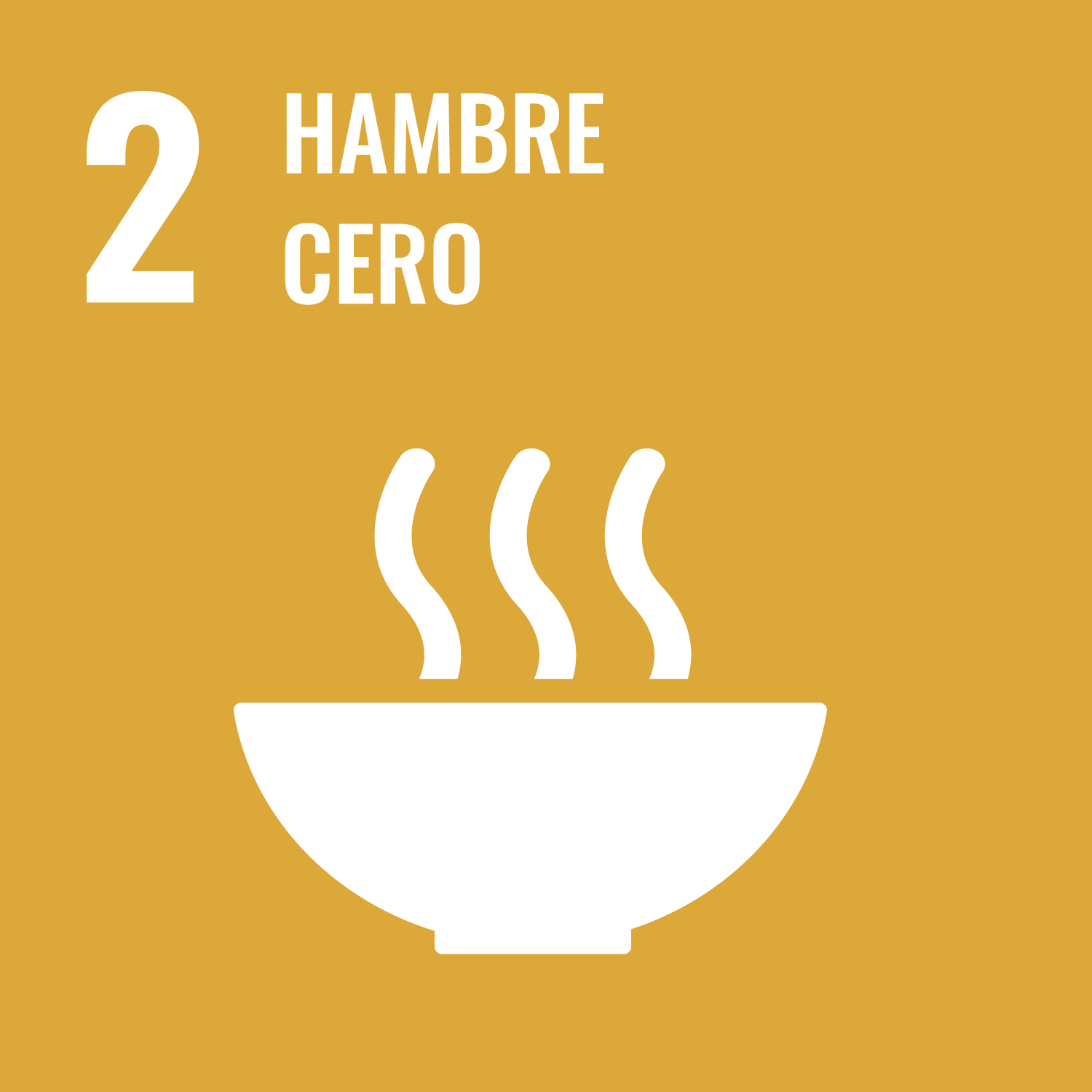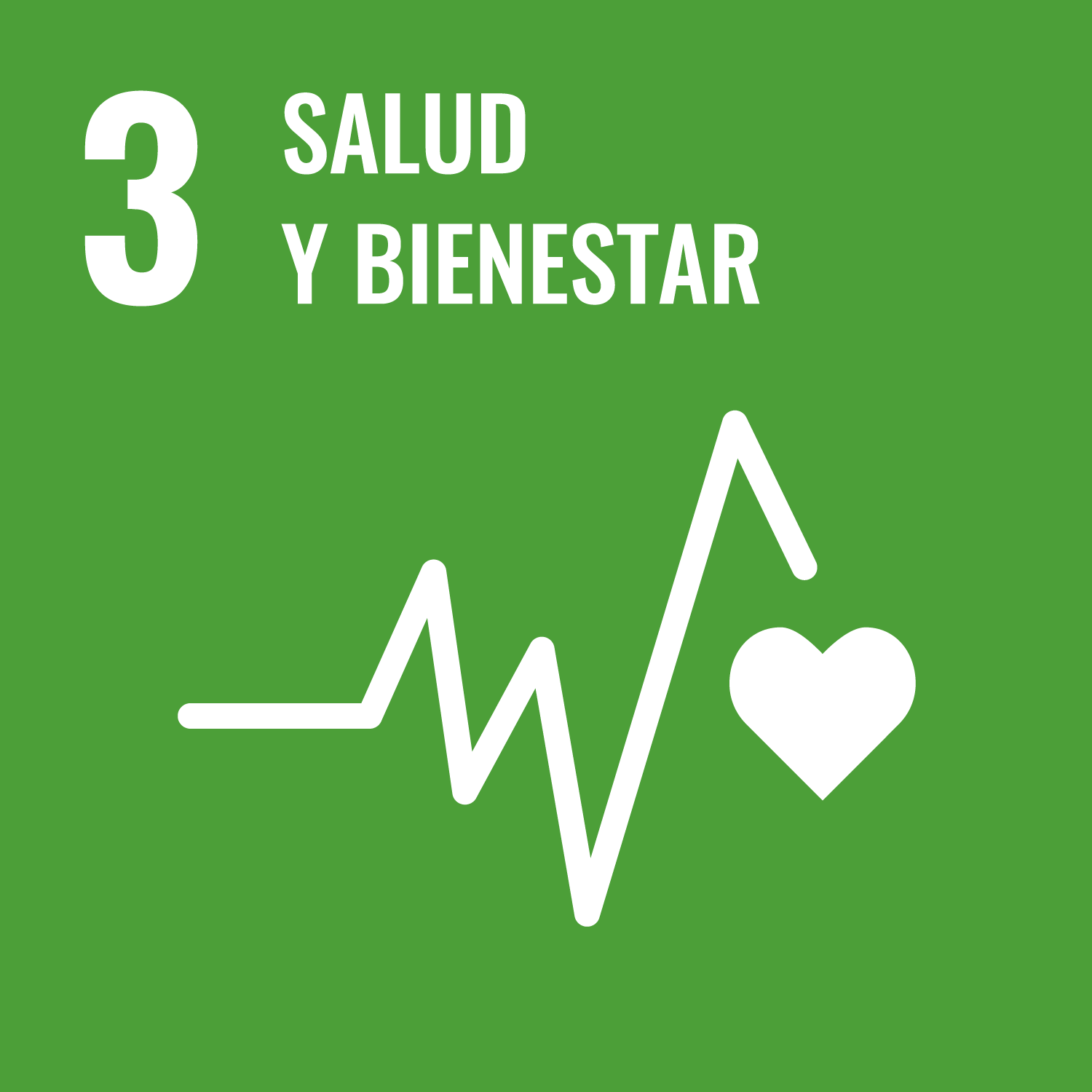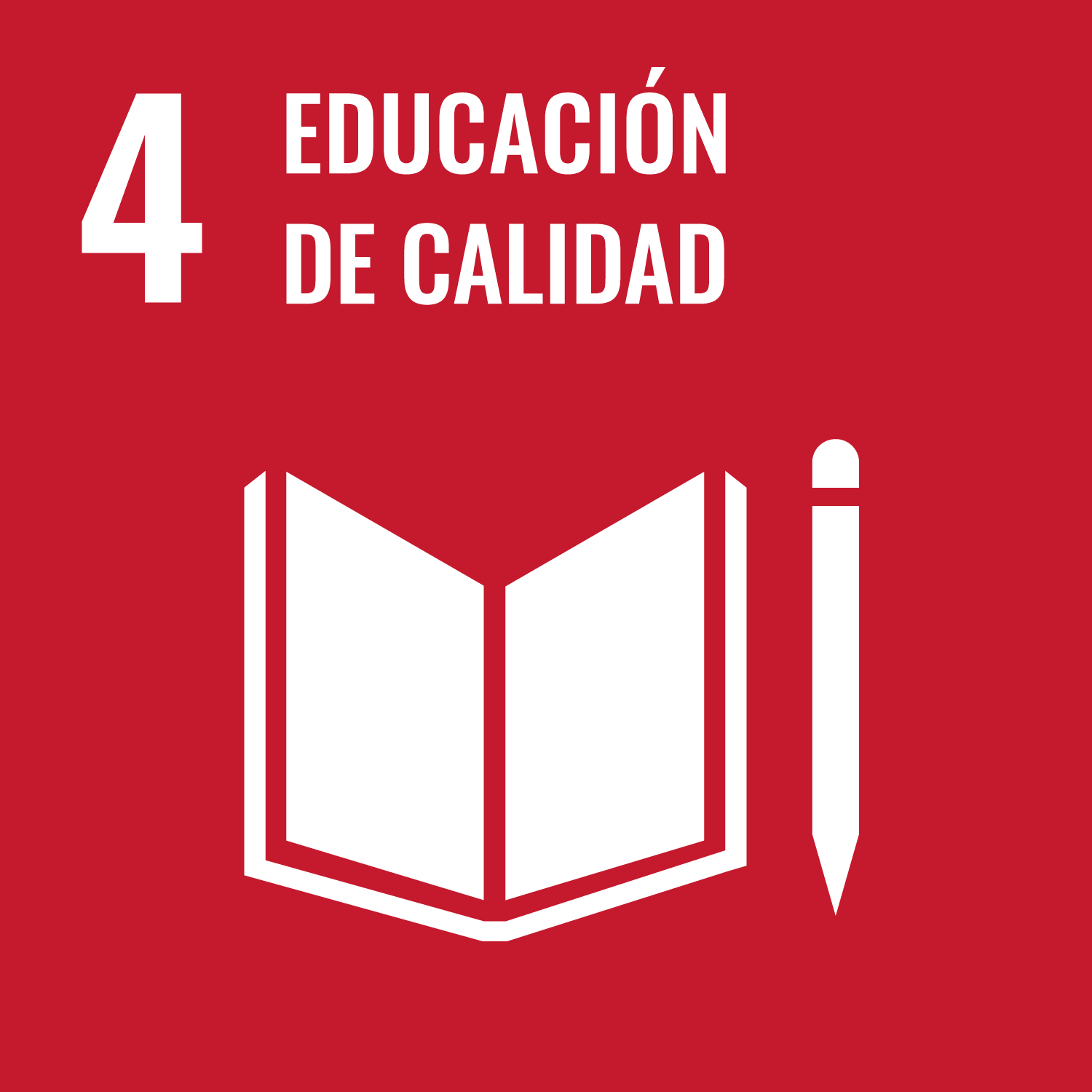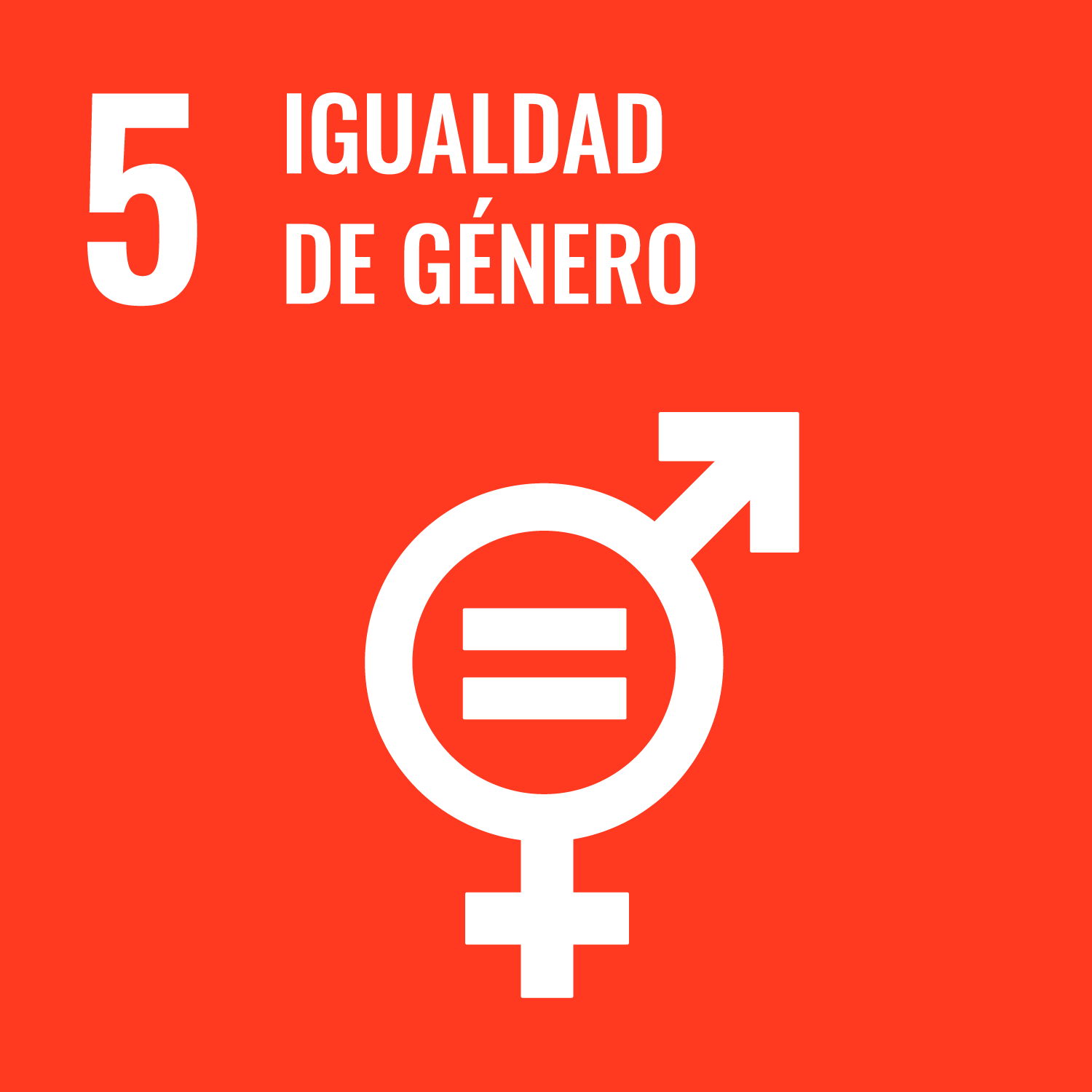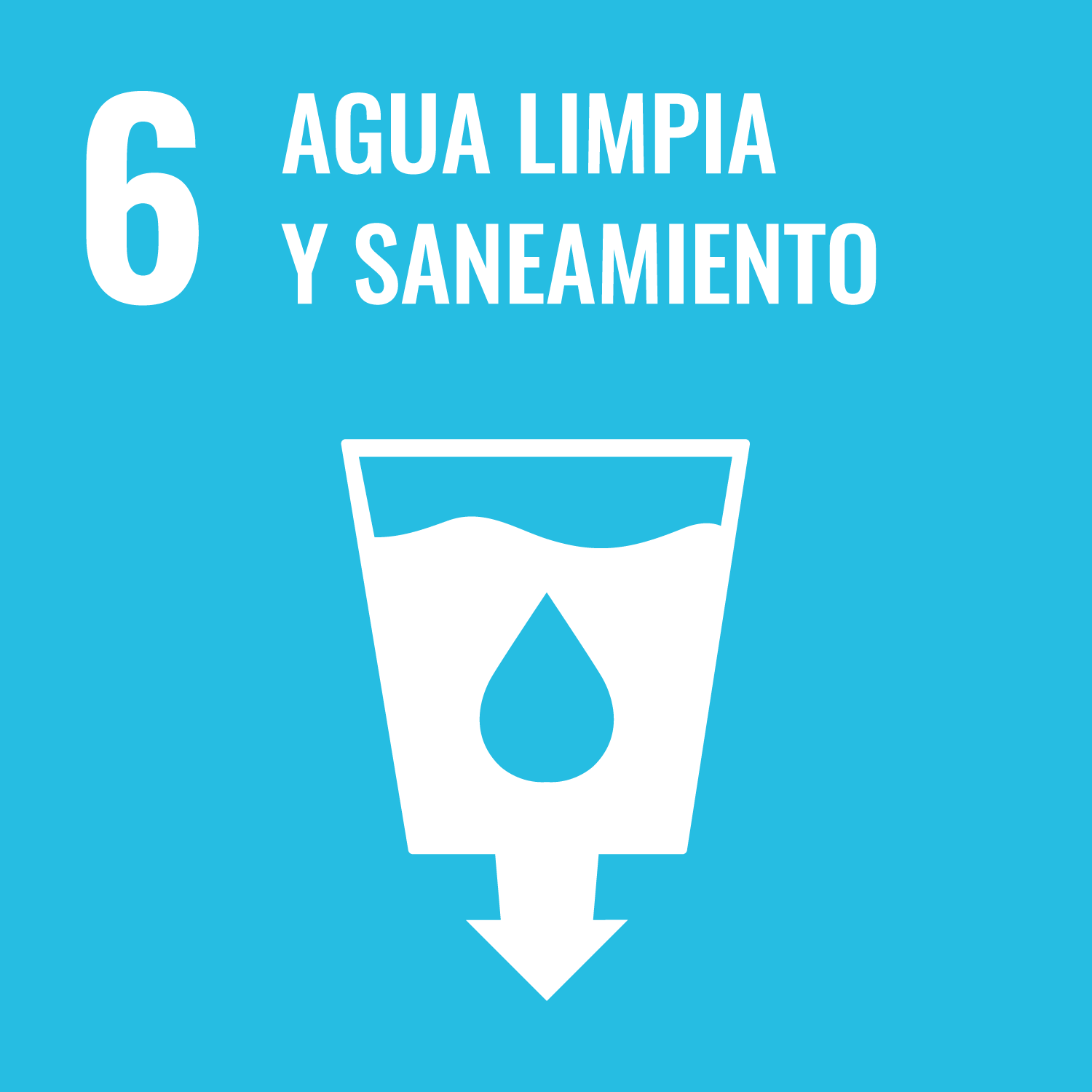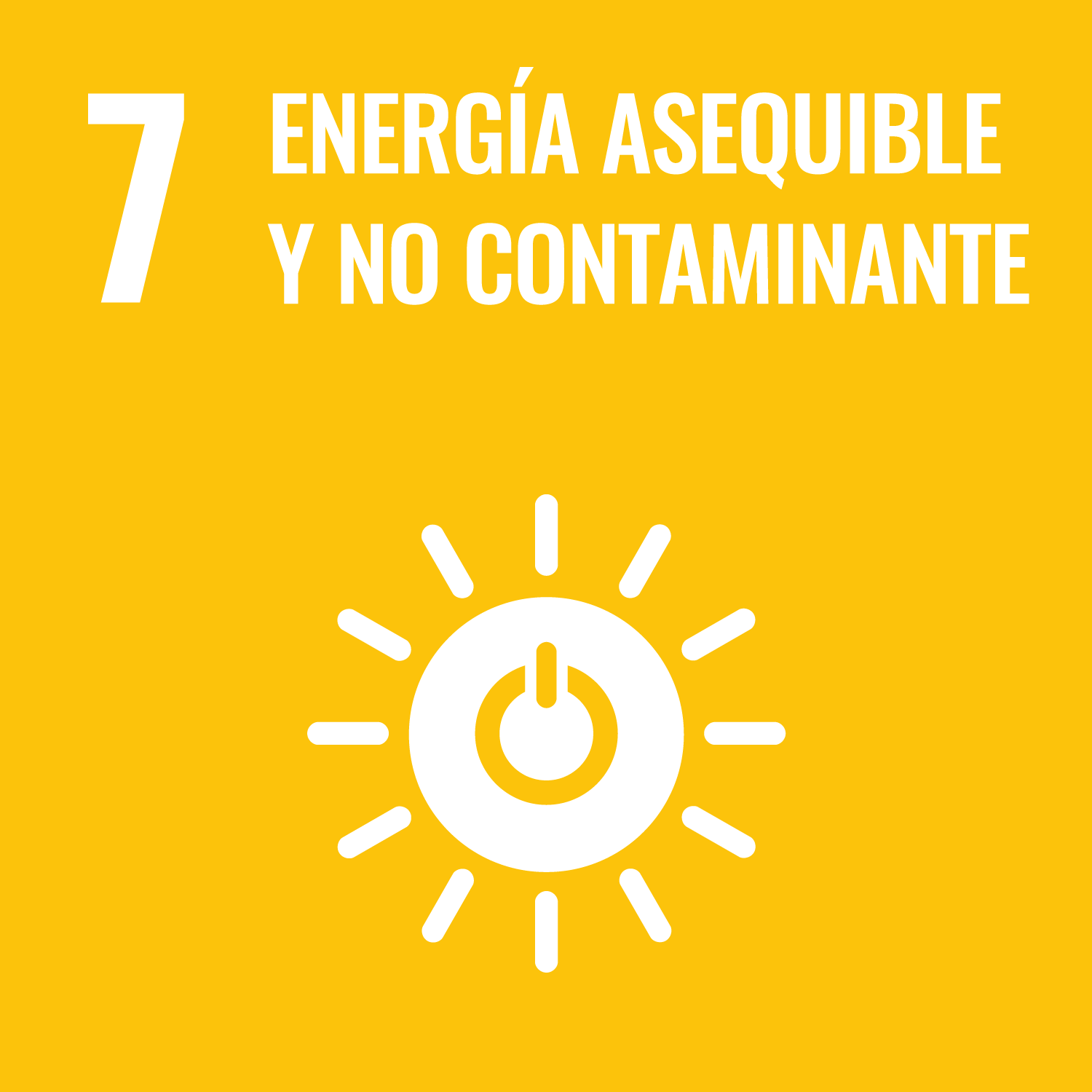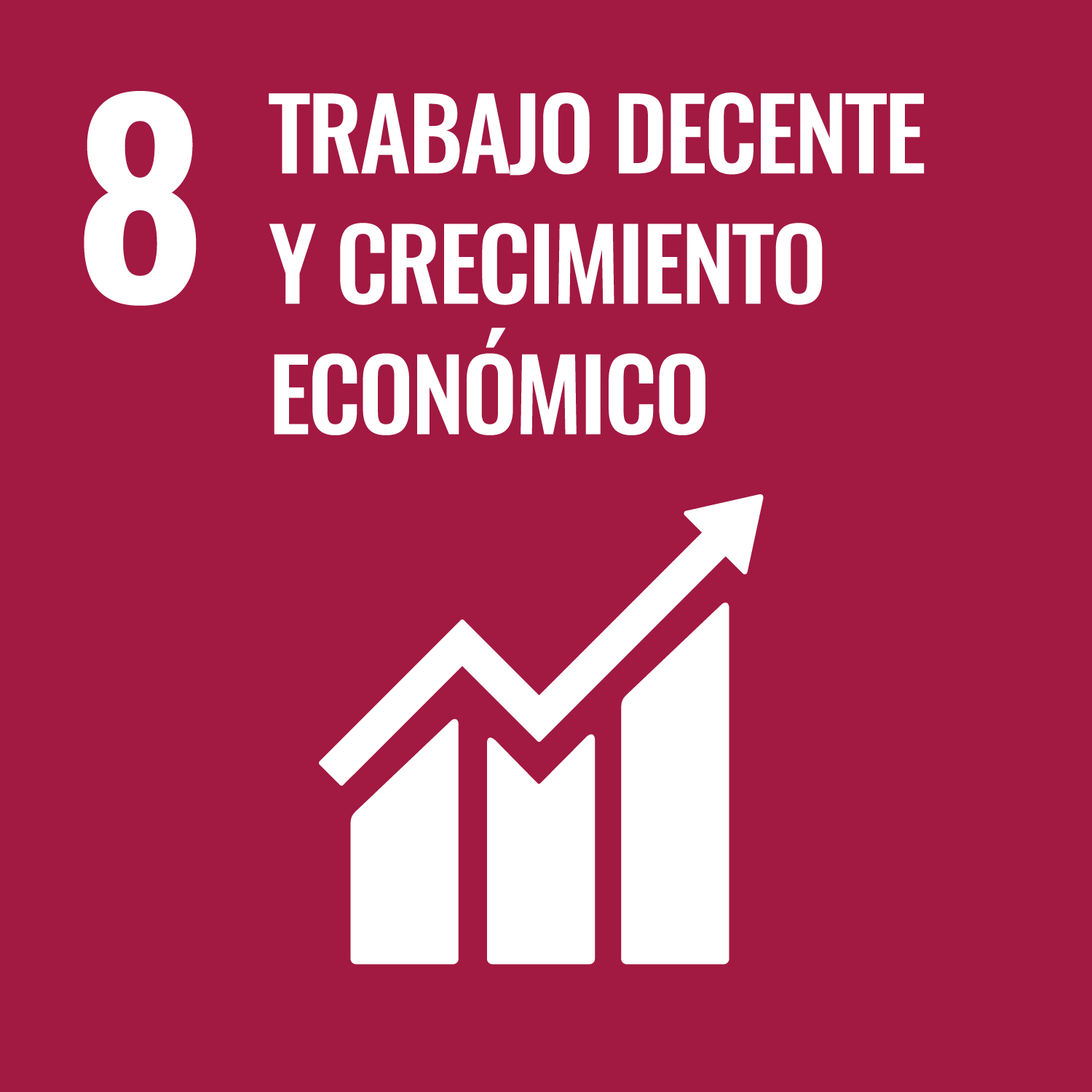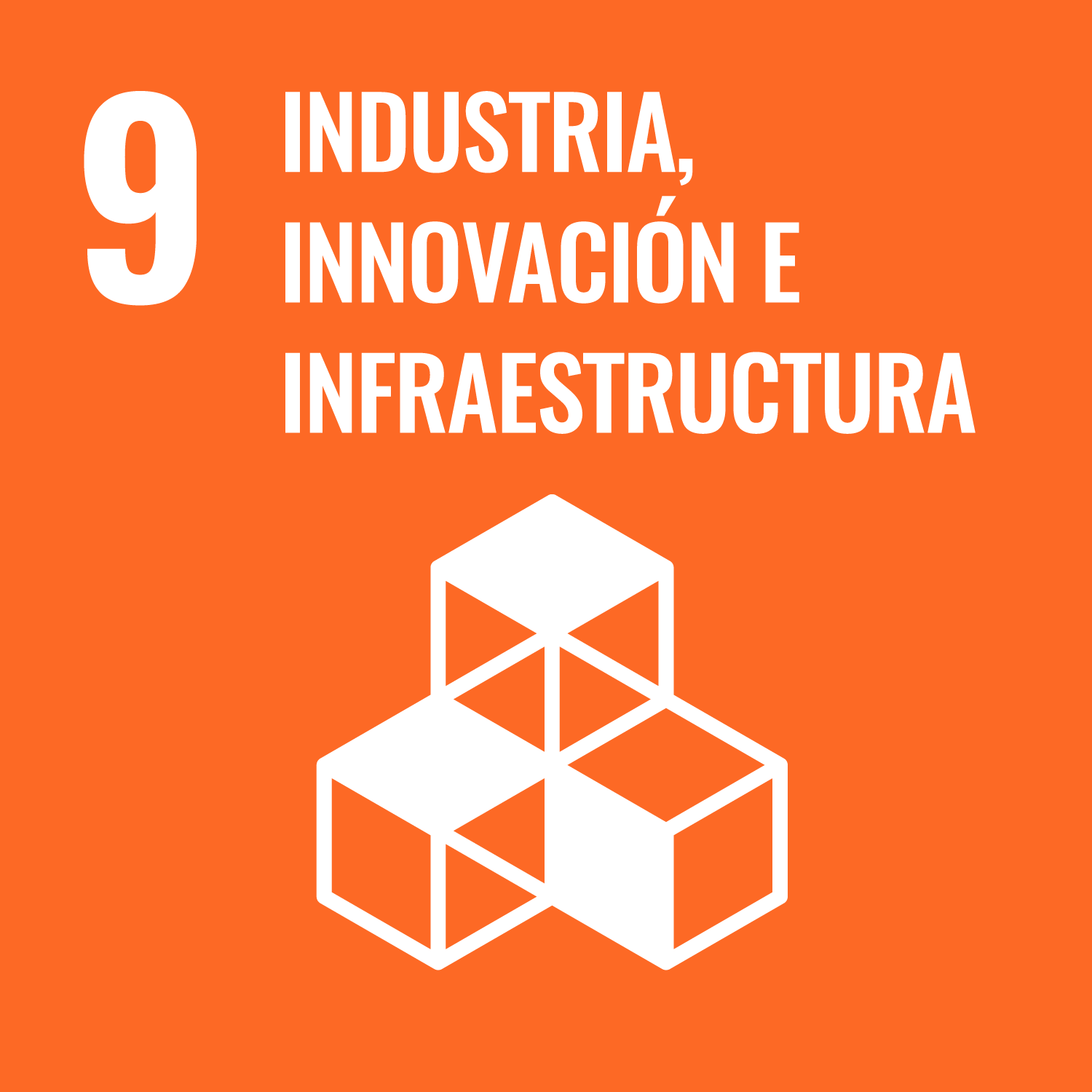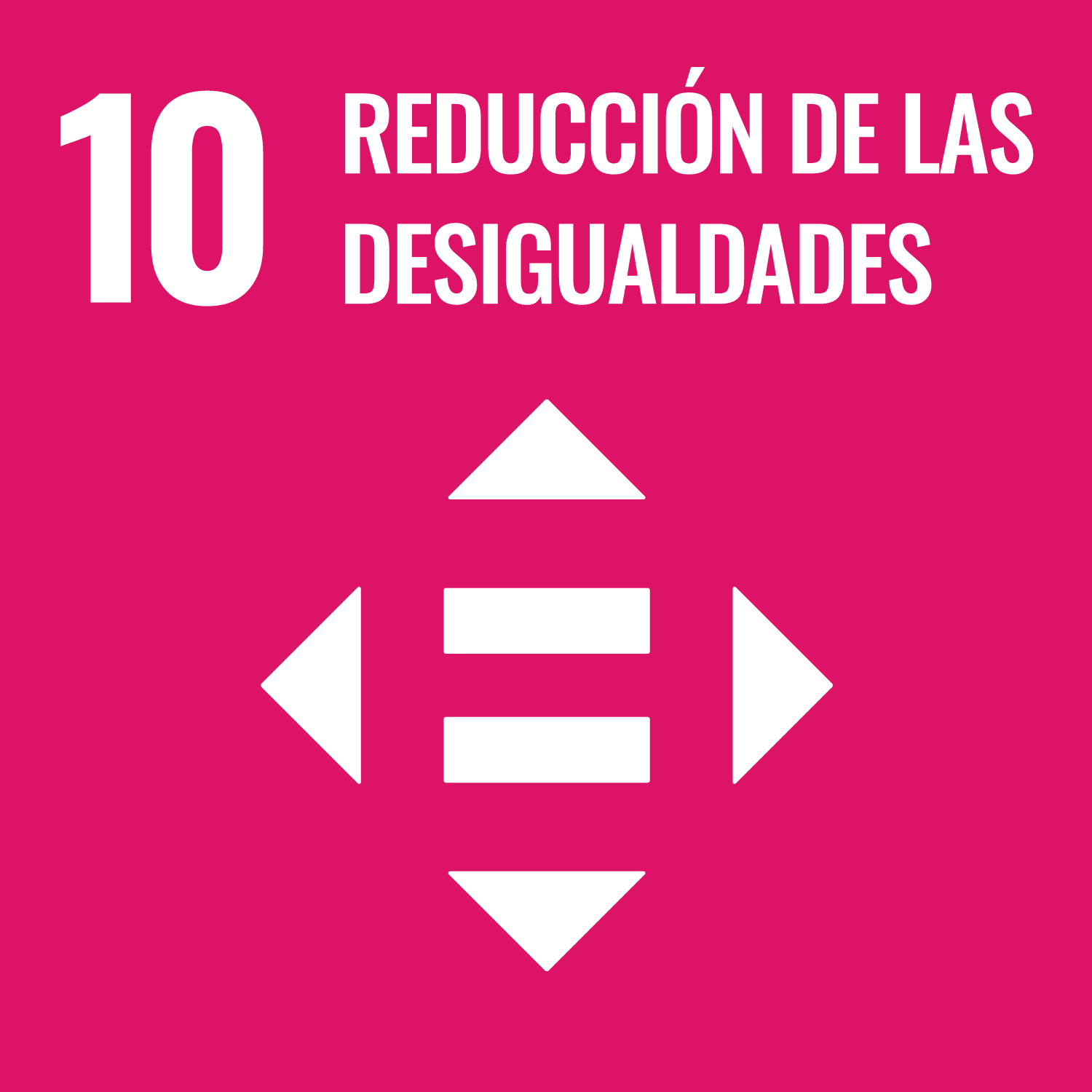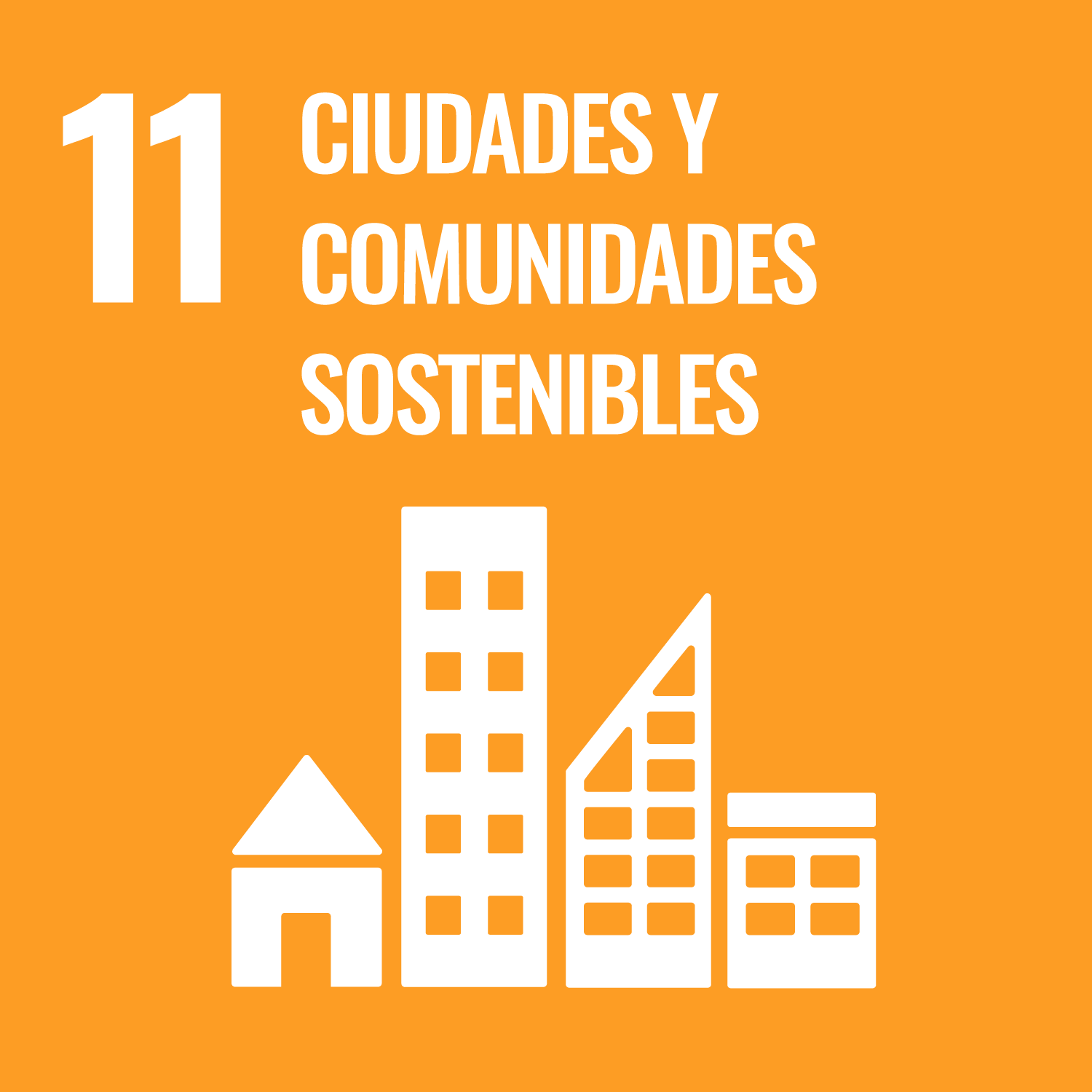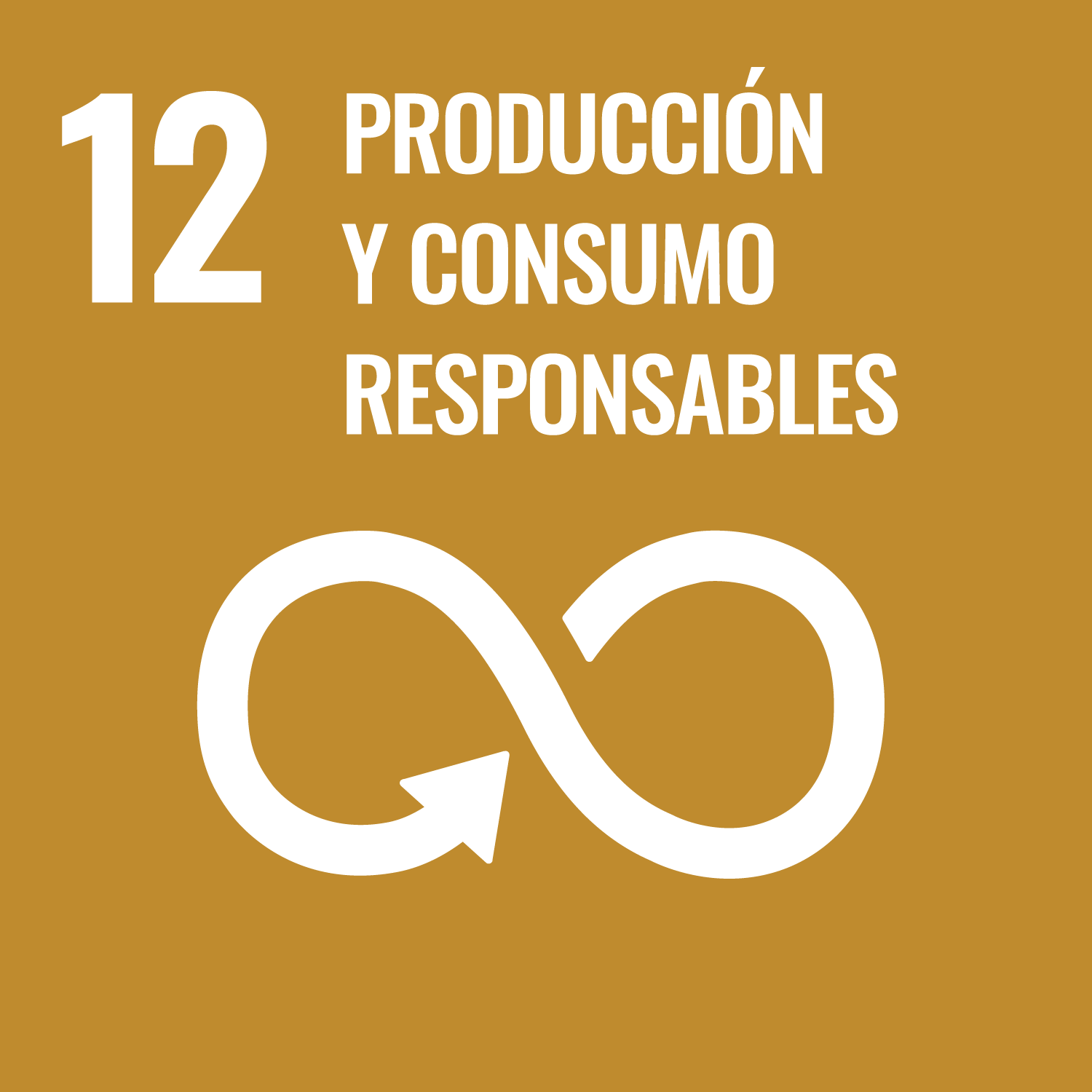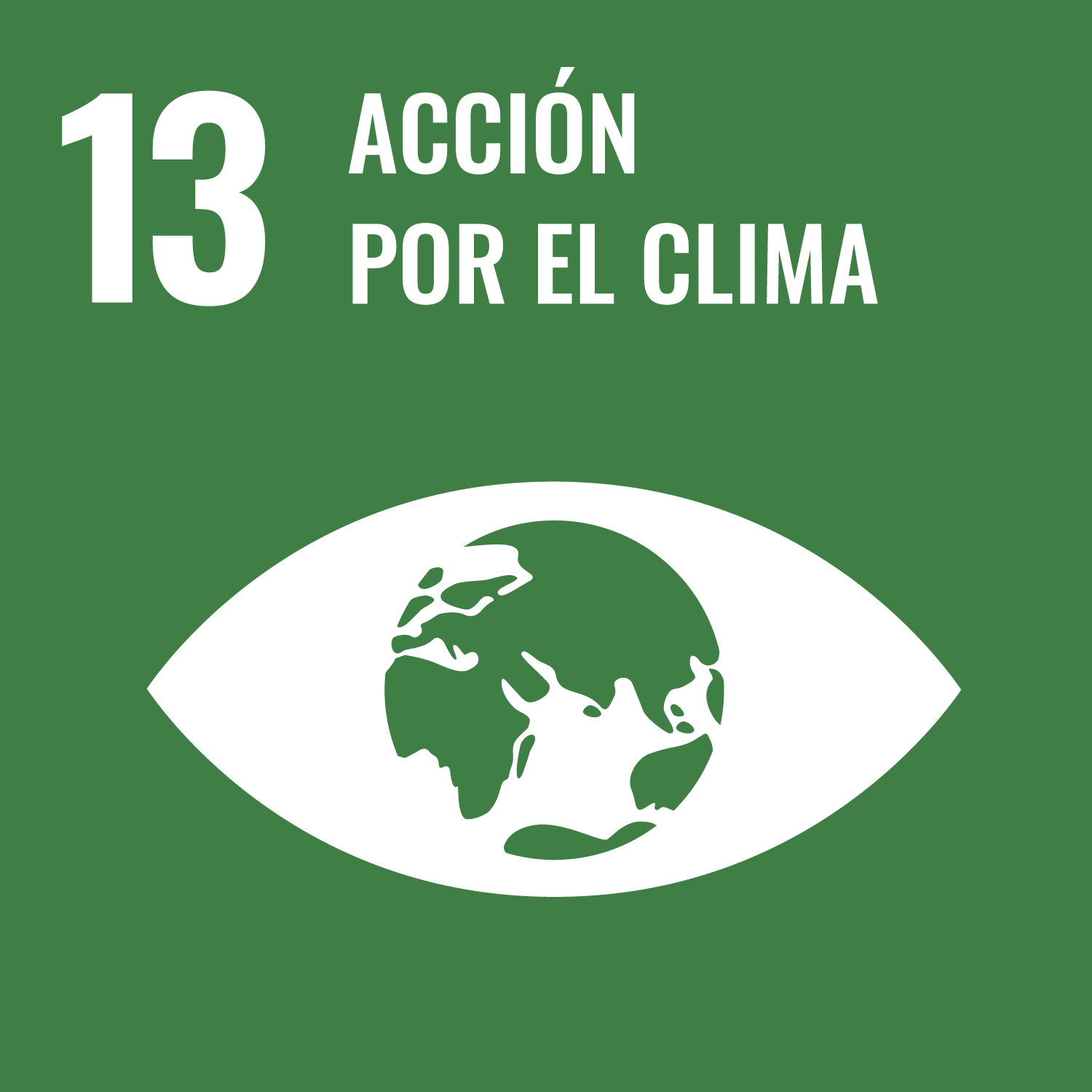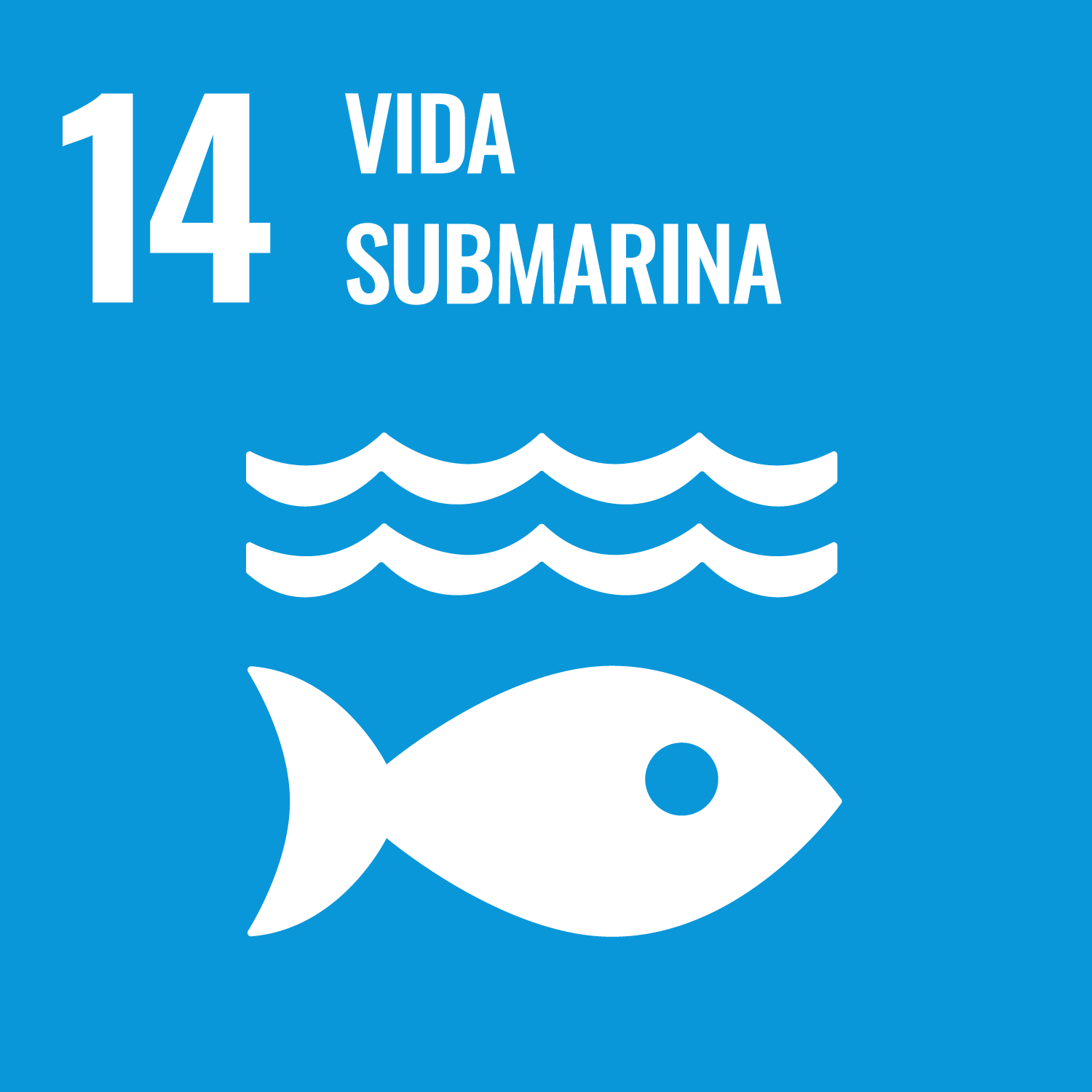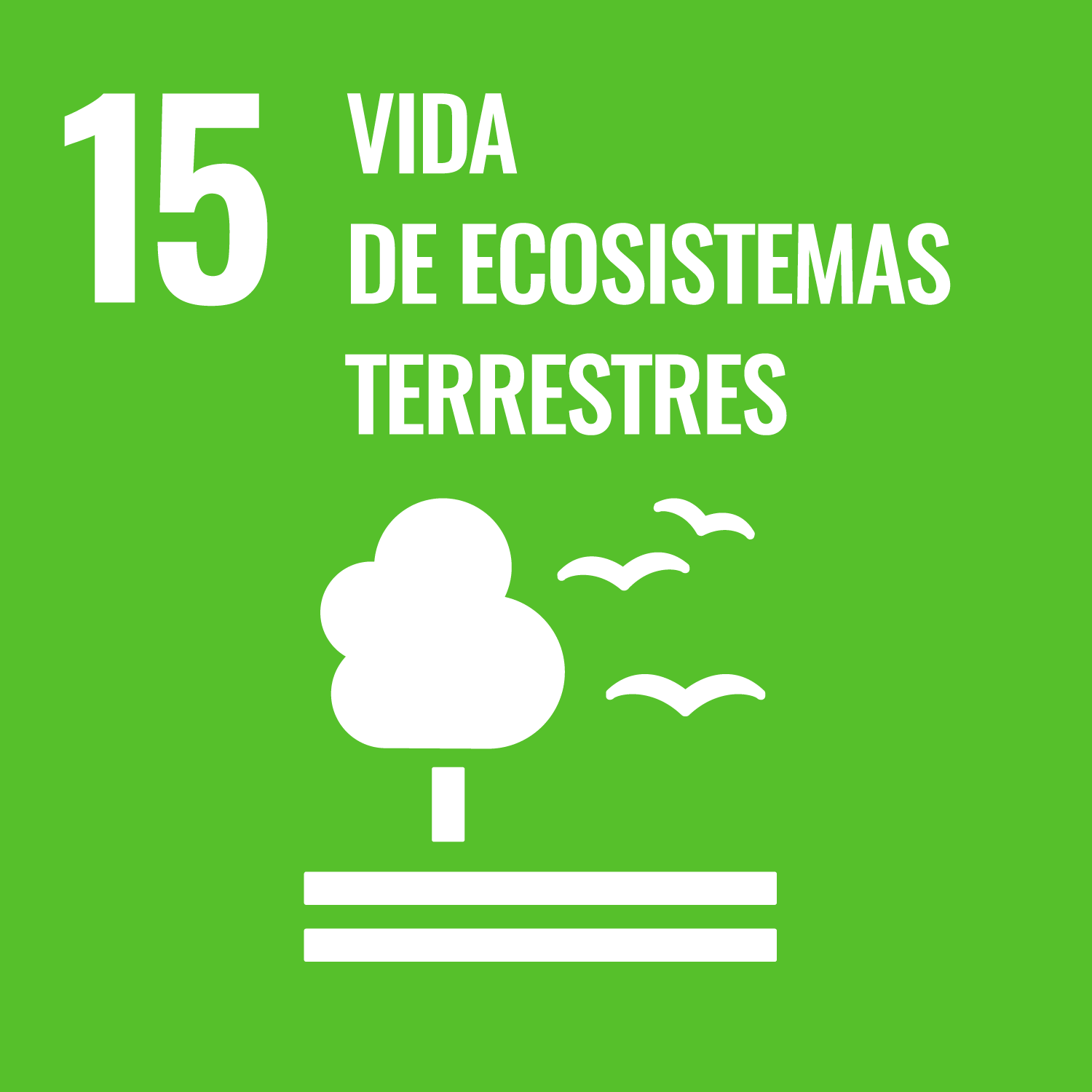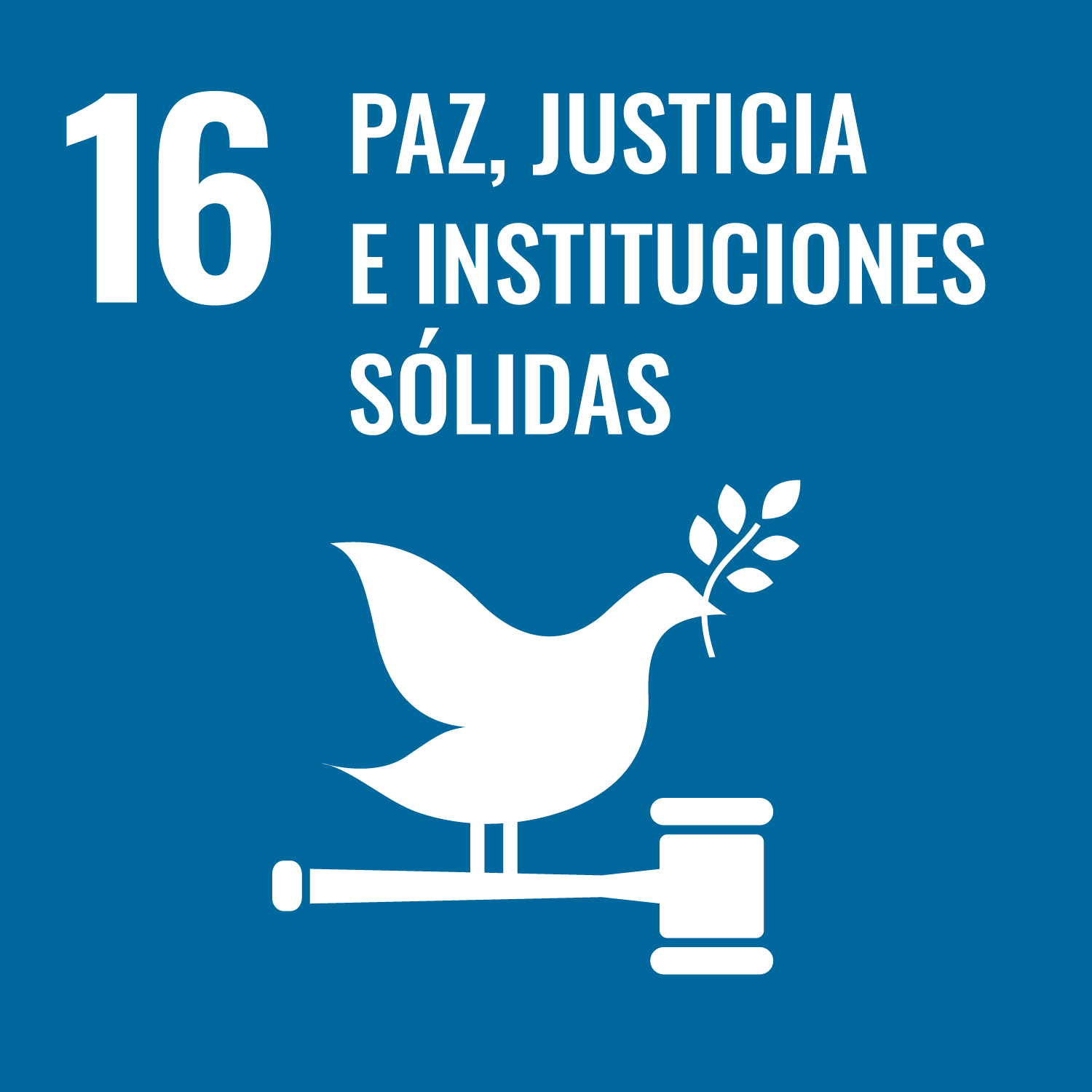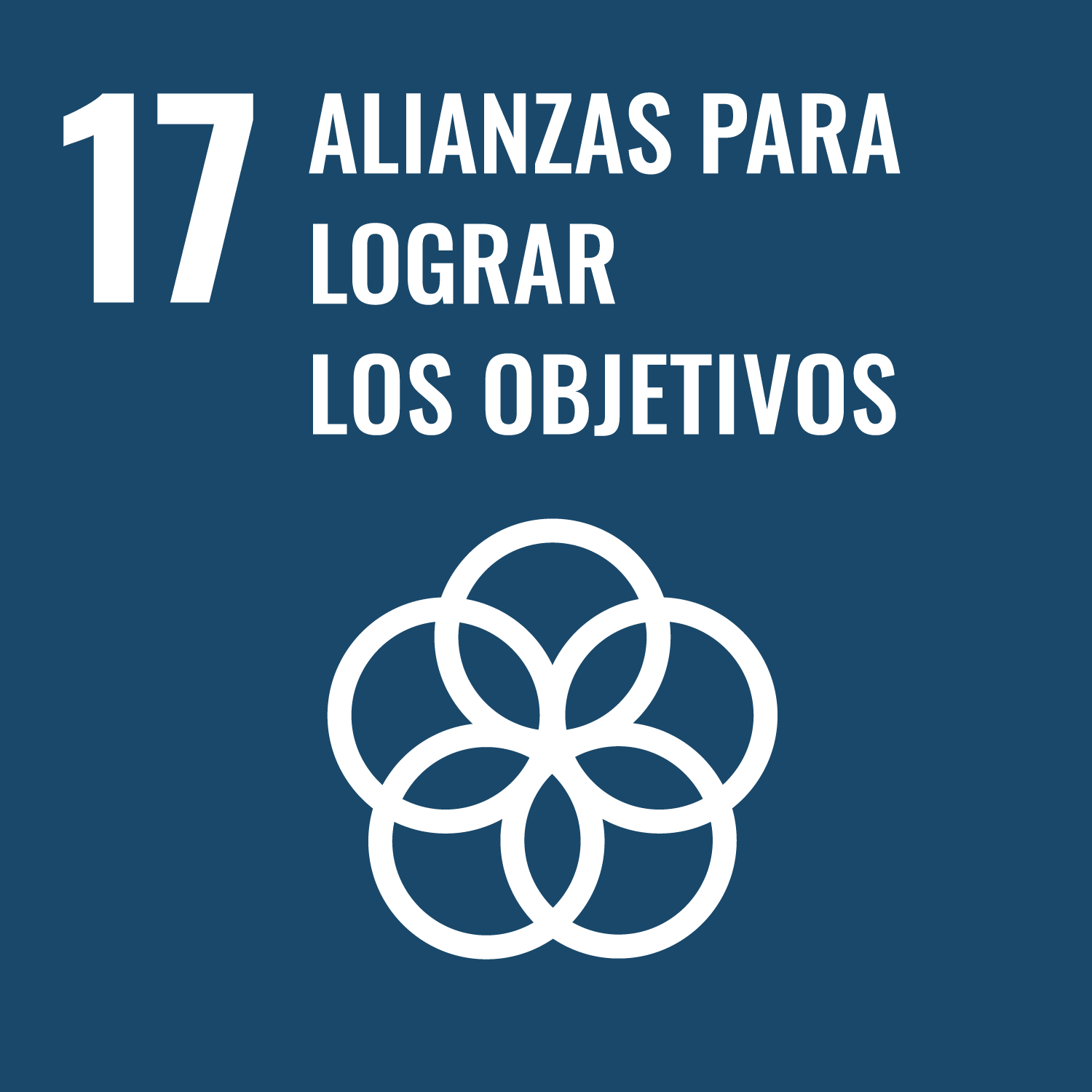A new joint project to improve Pacific livelihoods was launched yesterday by UN Resident Coordinator to Fiji, Solomon Islands, Tonga, Tuvalu and Vanuatu, Sanaka Samarasinha, Korean Ambassador to Fiji, H.E. Park Young-kyu, and the governments of Fiji and Tonga.
The project, ‘Advancing the SDGs by Improving Livelihoods and Resilience via Economic Diversification and Digital Transformation’, is one of a handful of UN Sustainable Development Goals (SDG) Fund projects in the Pacific region aimed at accelerating progress towards achieving the SDGs by 2030.
There are four anticipated outcomes of the project:
- Design employment policies and skills strategies for a job-rich recovery
- Promote demand-driven business development services and entrepreneurship in strategic sectors
- Support transition to a resilient labour market
- Strengthen access to digital services, information and digital skills to promote community resilience.
Mr Samarasinha said this project, which will be implemented in Fiji, Solomon Islands, Tonga, Tuvalu and Vanuatu, is crucial given Pacific Small Island Developing States (SIDS) will not achieve 75% of SDGs by 2030 if current trends continue.“This will advance integrated responses to complex development challenges and a key point is that this work is aligned with what Pacific leaders have envisioned for their countries,” he said.
Ambassador Young-kyu added that time is running out to achieve the SDGs and catalytic action are critical to support Pacific SIDS to get back on track to achieving their SDG targets.
“SIDS, and especially Pacific Island nations, bear the brunt of the climate crisis. Whilst Pacific Island Countries only contribute a negligible share to global green-house gas emissions, they experience the intense impacts of the climate crisis, including rising sea levels and more frequent and powerful natural disasters,” he said.
Director of Tonga’s National Emergency Management Office (NEMO), Mafua Maka, spoke about the importance of working closely with the local community, particularly with local businesses in Tonga to achieve the SDGs. Fiji’s Director Corporate Services at the Ministry of Employment, Productivity and Industrial Relations, Samuela Moce, called on Pacific Island Countries (PICs) to work together to be a unified voice and role model for green and blue economy diversification.
The project has a duration of two years, and a budget of over US $5 million, with US $4.258 million provided by the Joint SDG Fund, and its donors, and $877,239 from UN co-funding. It will be implemented by six UN agencies – International Labour Organization (ILO), the United Nations Office for Project Services (UNOPS), United Nations Office on Drugs and Crime (UNODC), the Office of the United Nations High Commissioner for Human Rights (UNOHCHR), International Telecommunication Union (ITU), and United Nations Educational, Scientific and Cultural Organization (UNESCO).
Originally published by Relief Web.
Note:
The Joint SDG Fund's joint programmes are under the prestige leadership of the Resident Coordinator Office and implementing United Nations Agencies. With sincere appreciation for the contributions from the European Union and Governments of Denmark, Germany, Ireland, Italy, Luxembourg, Monaco, The Netherlands, Norway, Portugal, Republic of Korea, Spain, Sweden, Switzerland and our private sector funding partners, for a transformative movement towards achieving the SDGs by 2030.


